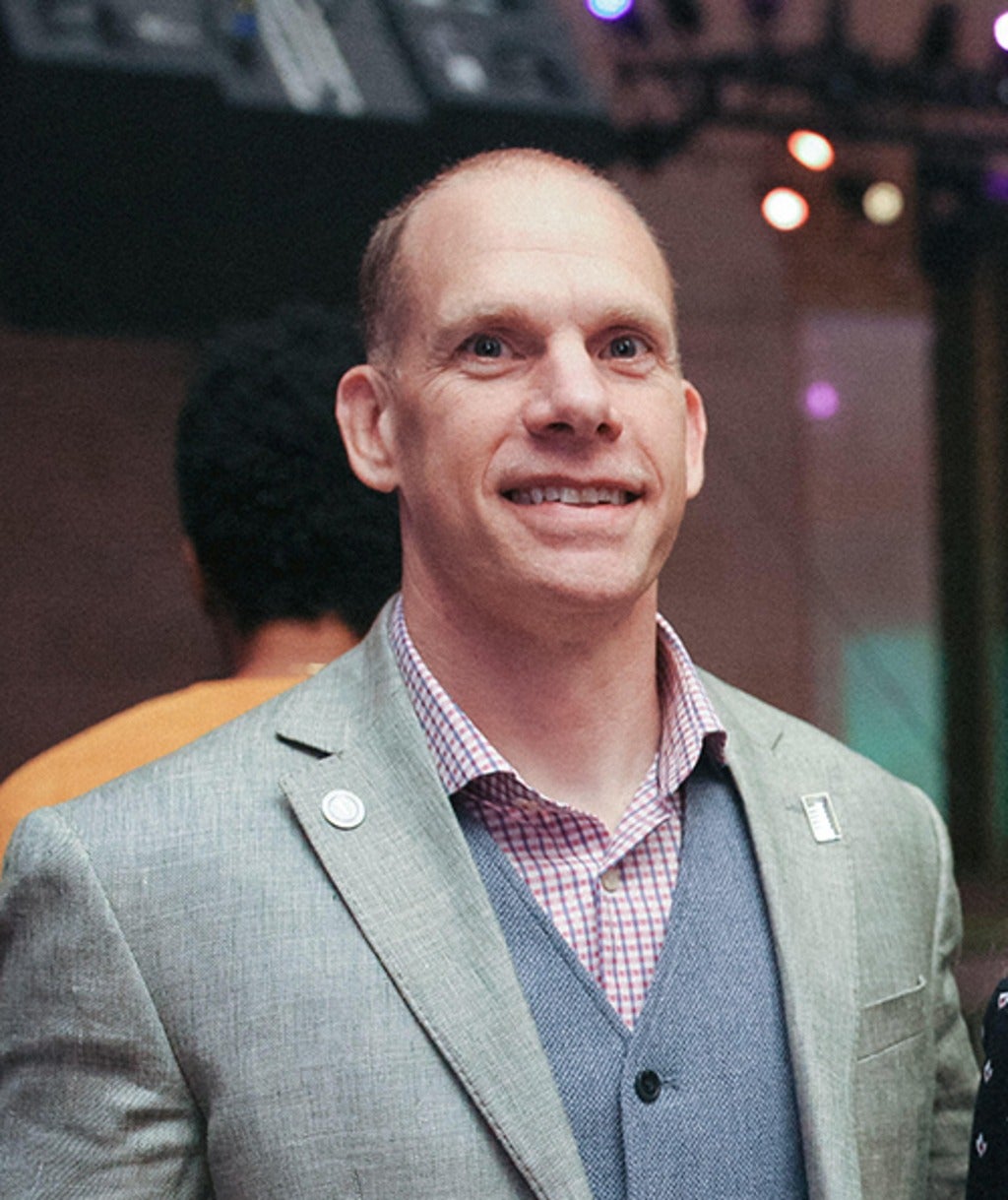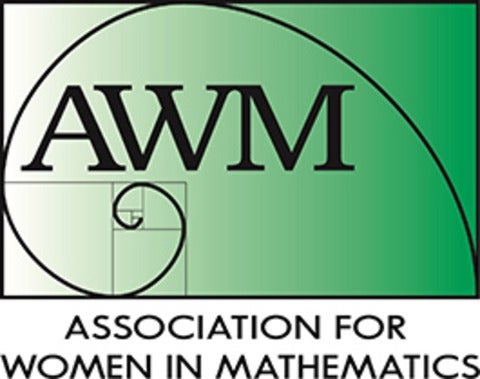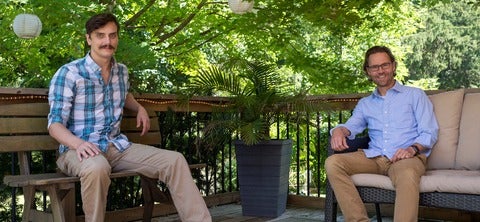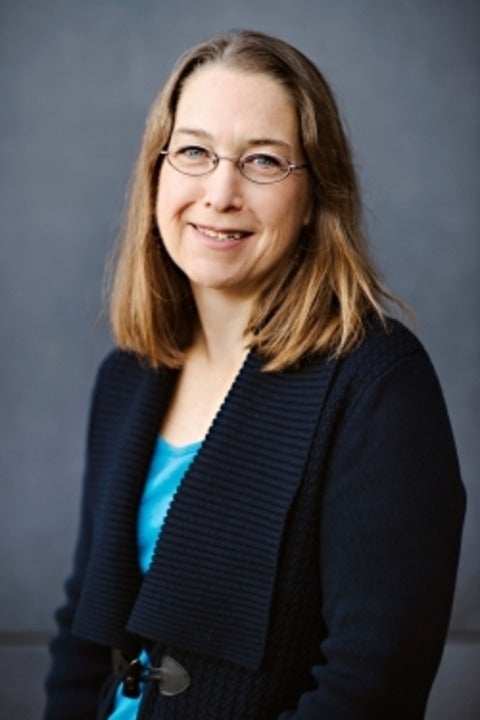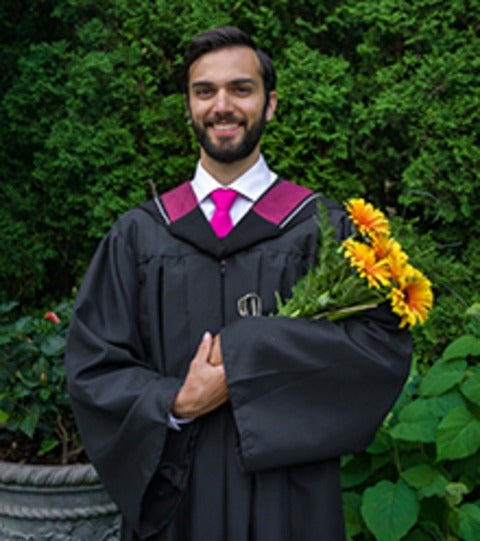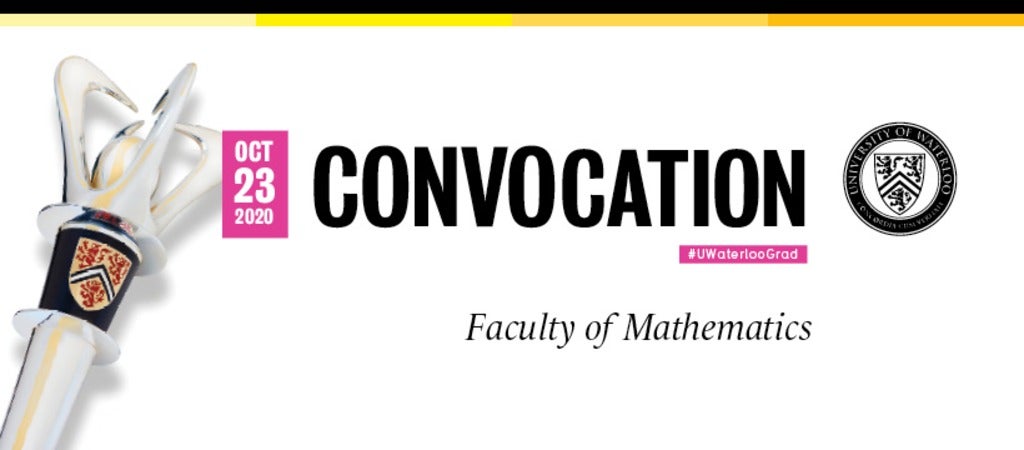The next step
“I wasn’t necessarily entrepreneurial in my time at Waterloo, but I was always very inventive,” remembered Jeff Shiner (BMath ’92), the CEO of a growing Toronto-based startup. “All I knew was that I wanted to create new computer programs.”
As Shiner came of age with the personal computer, he taught himself programming languages. “I remember getting my first Commodore 64 when I was 12 or 13 years old,” he says. “I geeked out at everything related to the computer. When it came time to decide on a university, Waterloo Math’s computer science program was the only one on my radar.”
